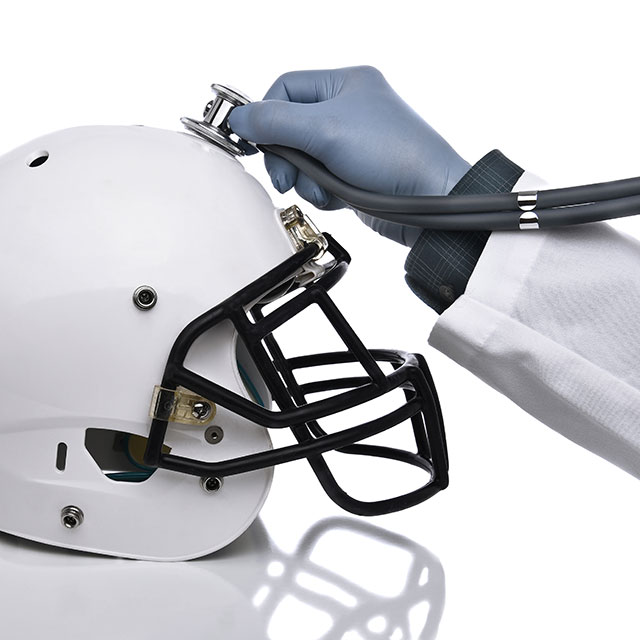From July 24–27, Mo Emam served as a volunteer physician at the men’s and women’s Olympic taekwondo events, held in Chiba, Japan, about 25 miles east of Tokyo. The sports medicine physician and researcher has been a Johns Hopkins faculty member in the Department of Physical Medicine and Rehabilitation since 2019.
Between 2006 and 2011, Emam practiced and coached the traditional Korean martial art of taekwondo in his native Egypt. While volunteering at the Olympics, he watched from ringside as one of his former students won a medal.
Emam spoke with Dome from Japan, shortly after the final taekwondo medal ceremonies.
How did this volunteer opportunity at the Tokyo Olympics come about?
It has always been a goal for me to participate in the Olympics as a physician. I got in touch with the Tokyo 2020 organizing committee three years ago and was assigned to work as a physician at the taekwondo events, which took place at the Makuhari Messe venue in Chiba.
My role was primarily sports medicine: taking care of athletes on the sidelines and overall, during the competition.
Do you have a favorite moment from the Olympics?
I loved every single moment of it! This is the biggest stage in the world — a dream come true for me to be able to volunteer as a physician. In a time when the world is going through so many uncertainties and challenges, Tokyo 2020 is a source of hope, uniting the world. I am honored and humbled to be here.
The highlight of my experience was witnessing Hedaya Malak, one of my former taekwondo students, win the bronze medal. I have known Hedaya since she was 12. I was an assistant to [Malak’s head coach] Wael Mahran during her youth career; now I got to be with her when she achieved her dream.
I also got to see Anastasija Zolotic from Team USA win her first gold medal. She is only 18!
How easy or difficult is it to practice medicine in these circumstances? Do you have access to imaging and all the other things you use at Johns Hopkins?
Extensive orientation and online training provided by the Tokyo 2020 medical committee prior to the games made our roles well-defined and set the guidelines to provide on-site medical care when needed. I found this to be very helpful.
Also, at the beginning of each day, the medical director of the competition event would gather the team to review protocols, assign specific tasks for each team member and answer any questions.
Most teams were accompanied by team physicians who assist if information is needed about individual athletes’ medical history. We relied mostly on clinical assessments on the sidelines in accordance with the guidelines set by World Taekwondo and the Tokyo 2020 medical committee. If any further care had been needed, such as urgent imaging or advanced care, athletes would then be transferred to an appropriately equipped medical facility.
What sort of coronavirus safety protocols did you see at the Games?
I arrived in Japan on July 9 and had two weeks of quarantine before I was able to volunteer at the games.
Masks are required everywhere. Health questionnaires and temperature screenings occur daily for volunteers and workers. Athletes must get regularly scheduled COVID tests during their stay at the Olympic Village.
For the taekwondo events, there were disinfecting stations throughout the venue. The court and referee stations were disinfected after each bout. There were designated zones for each team member to avoid unnecessary overcrowding. Athletes’ equipment was also regularly sanitized.
What did a typical day look like for you?
Events at the Makuhari Messe venue started at 7 a.m. and went past 9 p.m. Each day started with a team huddle to prepare medical volunteers for their roles. I was assigned to work on the sideline of the competition.
There were also medical emergency hands-on simulations twice a day to make sure each team member was well-prepared to respond in a timely manner should any incident occur. Nothing was left to chance.


